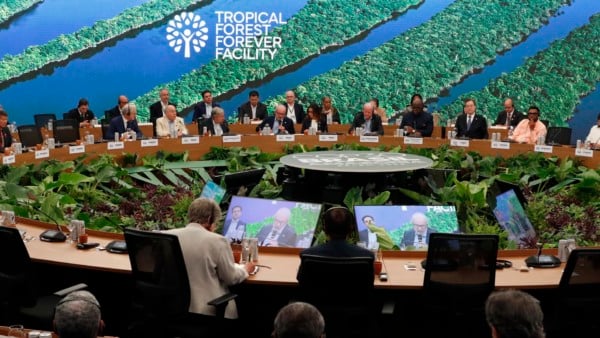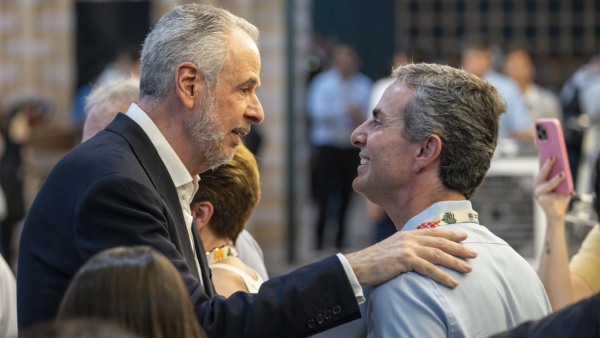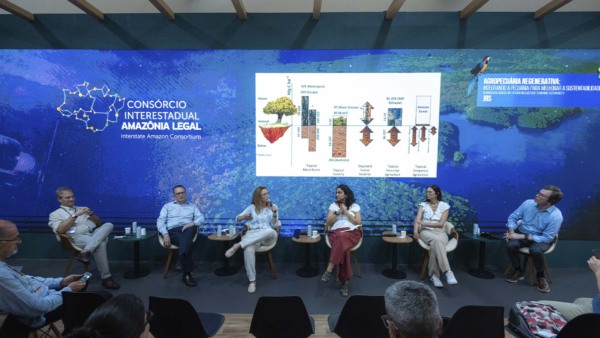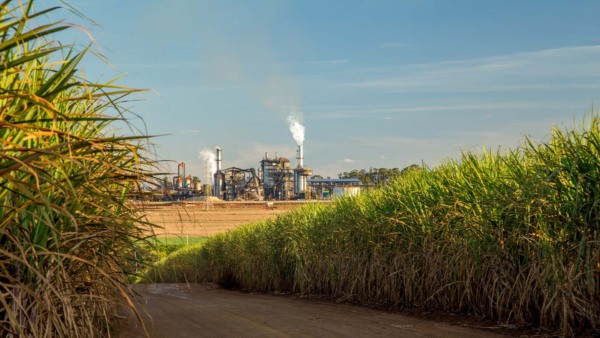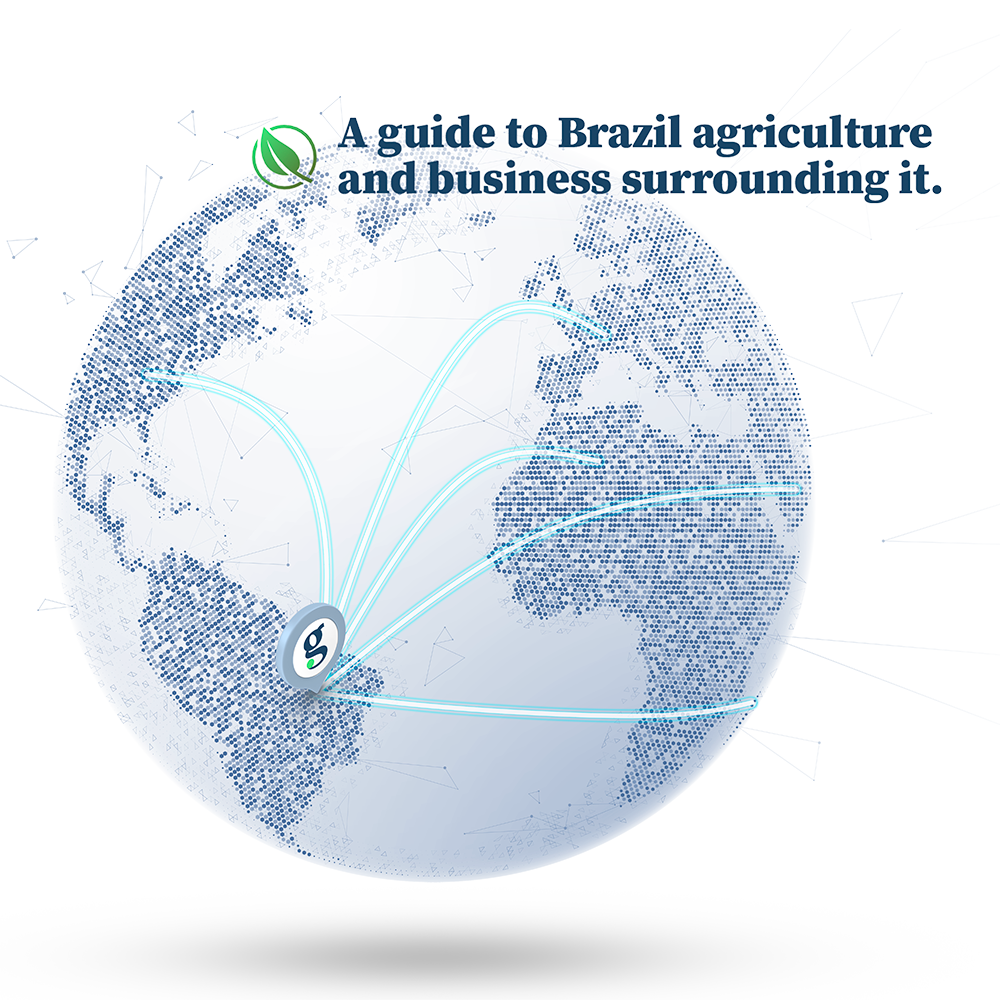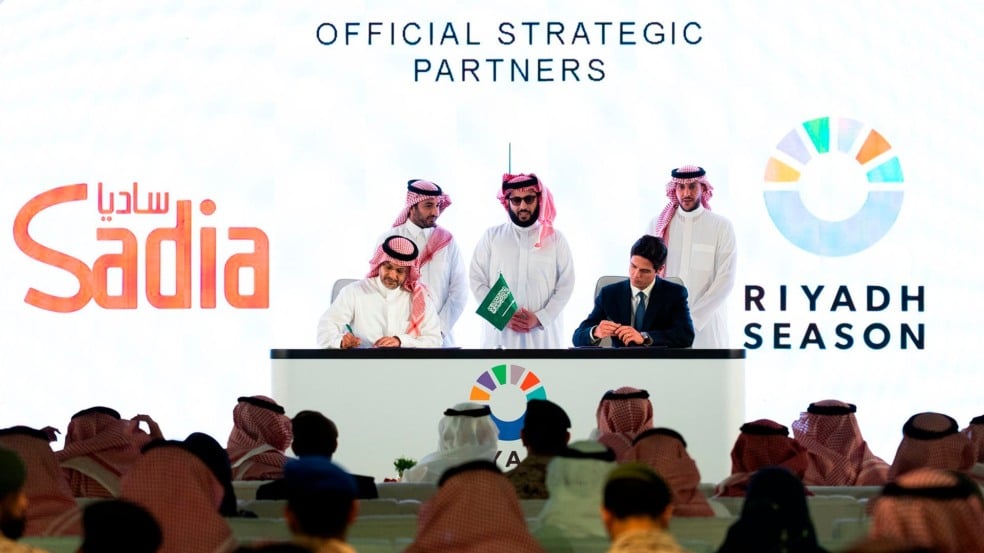
In a move underscoring MBRF’s ambitions in Muslim markets and paving the way for a potential listing in Riyadh, the Brazilian chicken giant has announced the transfer of its Middle Eastern assets to Sadia Halal, a joint venture with Saudi Arabia’s sovereign wealth fund, the Public Investment Fund (PIF).
Under the terms of the agreement, the kingdom’s investment vehicle will inject $500 million (about 2.7 billion reais) to acquire a 30% stake in Sadia Halal, while MBRF retains control of the venture.
The deal values the joint venture at over $2 billion—roughly 10 billion reais, or nearly half of MBRF’s market capitalization on the São Paulo stock exchange.
Sadia Halal was valued at nine times EBITDA, which totaled $230 million in the 12 months through June. The assets being transferred generated $2.1 billion in revenue over the same period.
To form the new company, MBRF is transferring all its plants and distribution infrastructure in the Gulf region, including two plants in Saudi Arabia and one in the United Arab Emirates.
Sadia Halal will also start operations with a 10-year supply agreement to import poultry and beef produced by MBRF in Brazil, with prices set at total production cost plus a 5% margin.
The joint venture’s assets include a processed food plant under construction in Jeddah and a 26% stake in Saudi poultry producer Adohha, both previously co-owned by MBRF and the sovereign fund.
Turkey’s Banvit, controlled by MBRF with Qatar’s government as a minority shareholder, will remain outside Sadia Halal.
Headquartered in Saudi Arabia, the partnership between MBRF and HPCD, PIF’s investment arm, will be led by Fabio Mariano, currently MBRF’s vice president for the Middle East, who will take over as CEO of Sadia Halal.
Living in Riyadh since mid-2024, Marquinhos Molina will serve as chairman of the joint venture’s board while also acting as MBRF’s CEO in Saudi Arabia.
“The future looks bright for this company. It’s a massive market. By 2027, projections show the halal food market will surpass $1.5 trillion,” said Mariano.
Globally, the Muslim population stands at nearly 2 billion and is growing twice as fast as the rest of the world, he added. “With this capital injection, we’ll be able to accelerate our expansion plans.”
“Saudi Arabia is going through rapid change, and we want to contribute to the kingdom’s food security goals,” Molina said, referring to the country’s push for self-sufficiency in food production.




